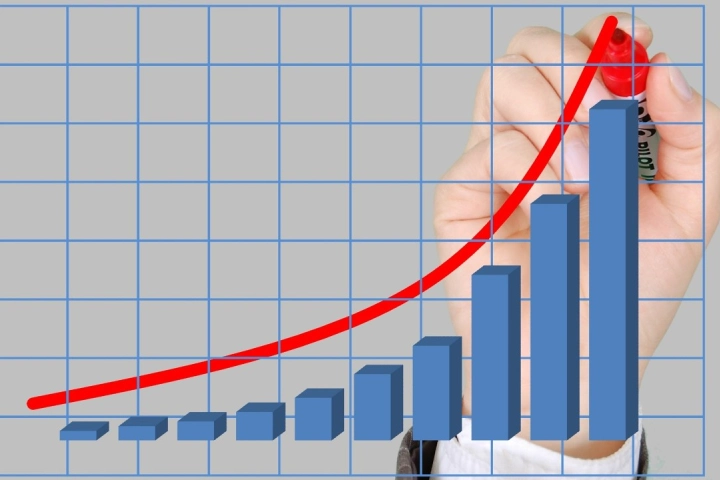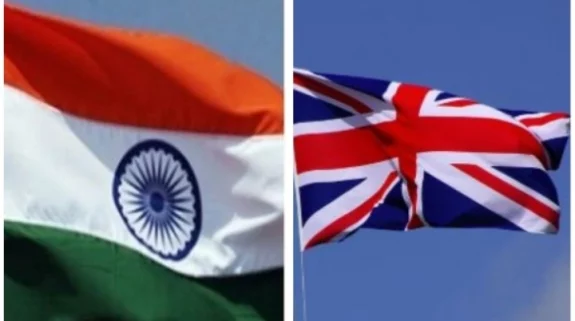For most Pakistanis the country’s current fragile economic situation is the prime concern. Market research firm Ipsos in its recently conducted Consumer Confidence Index Survey noted that issues such as inflation, unemployment and poverty besides corruption have been the dominant concerns for the Pakistanis, even as the country managed to steer away from a sovereign default with support from the International Monetary Fund.
The IMF has now approved the release of another about $700 million assistance, part of the $3 billion bailout package.
However, Pakistan’s caretaker Finance Minister Shamshad Akhtar noted that the country’s economy continues to be fragile notwithstanding the improvements and that financial reforms would be key.
Despite the annual inflation rate easing to 26.9 per cent in October after touching 31.4 per cent in September, it has remained in double digits for more than a year now. Amid rising inflation, the increase in unemployment rate has dealt a blow to the people of the country.
While poverty levels have increased, the middle-class population has been thinning.
For the new government in Pakistan—the country is gearing up for elections in Febraury—the biggest challenge will be to bring the economy back on track.
A sizeable section of the population sees the return of Pakistan Muslim League-Nawaz (PML-N) supremo Nawaz Sharif as a positive move.
“If the people elect Nawaz Sharif again, he has an economic plan for the relief of the people. The last 16 months were not for economic recovery, but to save Pakistan from default,” Ishaq Dar, former Finance Minister of Pakistan and a close aide of Sharif said earlier.
The next government would have to focus on improving exports and domestic resources.
Though Pakistan’s business community has made a strong pitch to resume trade with India, Islamabad has not paid heed. A World Bank study undertaken in 2018 said that trade between India and Pakistan could go as high as $37 billion if the situation normalises. Trade between the two countries has been suspended since 2019. Pakistan’s textile sector—one of the largest money spinners for the economy, has been severely impacted. With shortage of raw materials and increase in electricity tariffs among other things, the sector is operating almost 50 per cent less than its total utilisation.
Also read: Will Nawaz Sharif’s return today turnaround Pakistan’s fortunes?




















